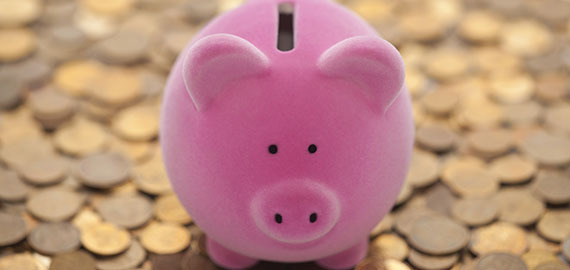As September ends, and we get closer to fall, the color of leaves is not the only thing that is about to change. Fall brings about its own set of expenses, and choosing the best rewards credit card for the season can end up saving consumers money. Here we'll lay out a few common purchases people make in autumn, and some tips for how responsible credit card usage can help stretch budgets more.
Home Improvement & Maintenance Expenses. Winter is coming. While it may still seem like a long way away, equipment to help you deal with next season's blizzards will be at the lowest prices in the early fall months. Consumers can further reduce the cost of this equipment by paying for it with cards that offer cash back and rewards on home improvement purchases.
Cash back credit cards are usually the best bet for home improvement savings, though the most popular ones offer the best savings during summer months. If you're looking for a good home improvement card for this time of the year, consider an option like the Farmers® Rewards Visa®. The card has a 3% rewards rate on home improvement purchases.
Buying your next car. Fall ushers in the new model year for automobile companies -- a time when the new line-ups from car manufacturers hit the market. The cost of buying, fueling, and even insuring a new vehicle -- regardless of whether you live in New York or California -- can add up, but there are a couple of credit cards that can help shave a few percentage points off some of these expenses.
For example, General Motors, one of the world's largest automakers, offers the BuyPower Card from Capital One, which gives users 5% earnings on the first $5,000 spent every year, and unlimited 2% after that. Rewards like this can help pay down a future vehicle purchase at their respective company. These types of co-branded manufacturer credit cards typically come with no annual fee. Cards from Pen Fed, Fort Knox, and Sallie Mae - to name a few - are popular with drivers for their gas rewards.
Preparing for a new baby. The fall months correspond to the highest birth rates of the entire year. Outside of their new bundle of joy, many new parents will also be greeted by a slew of new expenses. Once again, the right credit card in this situation can make a big difference. New parents should look out for rewards credit cards that provide savings at places like department stores, and drug stores.
Big chains, such as Walgreens and CVS, are categorized as "drug stores." This means if you can stock up on baby food, diapers, and anything else at these locations, and pay for it with a "drug store rewards" credit card, can save you as little as 1.5%. As the costs of parenting mount up, any form of saving is not to be overlooked.
What to Keep In Mind As You Spend
Rewards credit cards can sometimes incentives us to spend before we think. Our minds go towards the points or miles we're earning, rather than the price tag. I caution all readers to only make purchases using their credit cards that they can afford to pay off in full, at the end of the billing cycle. If you begin paying interest on the small things you buy, you will begin to receive diminishing returns on all the rewards your earning. Never lose sight of the fact that if you're get 2% cash back, but paying 4% interest on that purchase, you will be taking financial steps backwards, instead of forwards.

